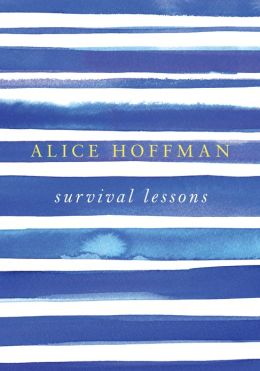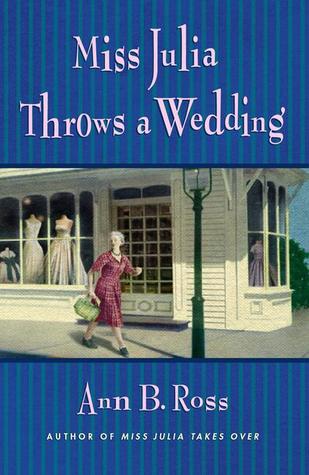 The latest issue of National Geographic Traveler magazine makes two references to the City of Light, but the references are to two different cities: Paris, the city most often called the City of Light, and Taxco, Mexico.
The latest issue of National Geographic Traveler magazine makes two references to the City of Light, but the references are to two different cities: Paris, the city most often called the City of Light, and Taxco, Mexico.I recall that Lauren Belfer's terrific 1999 novel called City of Light was set in Buffalo, N.Y., around the turn of the 20th century. Thanks to the power generated by Niagara Falls, Buffalo was among the first cities to light up at night with electric lights. It seemed to me that other cities have also used the phrase "City of Light," so I did some checking.
According to a Wikipedia article, no less than 25 cities other than Paris have claimed the title. They include Alicante, Spain; Anchorage, Alaska; Aurora, Ill.; Baltimore, Md.; Be'er Sheva, Israel; Birmingham, Ala.; Buffalo, N.Y.; Eindhoven, Netherlands; Gwangju, South Korea; Johannesburg, South Africa; Karachi, Pakistan; Las Vegas; Los Angeles; Lyon, France; Manresa, Spain; Medina; Miami; Mitford, Pa.; New Bedford, Mass.; Perth; Tehran; Quanzhou, China; Varanasi, India; Venice and Wolverhamptom, England.
Almost any city looks better at night. Even Detroit is beautiful after the sun goes down. At night one can't see all the signs of decay and misery. From a distance, you just see the lights. Enter Pittsburgh at night from the west through the tunnel and the sight can take your breath away. Toronto is another city that is gorgeous at night. Any nighttime skyline filled with the lights from tall buildings, bridges and other structures can be lovely.
The Eiffel Tower at night may be the main reason Paris is most widely known as the City of Light. Having it in the background can improve any nighttime photograph, although the Moulin Rouge is also striking. I was atop the Eiffel Tower at night and was a bit disappointed with the view. Not only was everything too far away to appreciate, the tower being so tall, but you can't see the city's most striking nighttime feature, namely the tower itself. I much preferred the nighttime view atop the Arc de Triomphe, which is an ideal height to appreciate the lights of Paris, including the Eiffel Tower and the dozen streets that meet there, like the spokes in a giant wheel.
We are entering that season of the year where, throughout the Christian world, almost any municipality, whatever its size, can justifiably lay claim to the title of the City of Light. Even December, an otherwise miserable month in the Northern Hemisphere, can be beautiful when the Christmas lights go on.












